What is new OBC bill? Why everyone considers this ‘historic’: In Pics
)
After a marathon debate that lasted for five hours and 55 minutes, Lok Sabha on Tuesday passed a Constitution Amendment Bill to restore the power of states to make their own OBC lists. Breaking away from its ongoing protests against the Centre over Pegasus, farm laws and fuel price hike, the Opposition displayed a rare unity as it backed the historic bill.
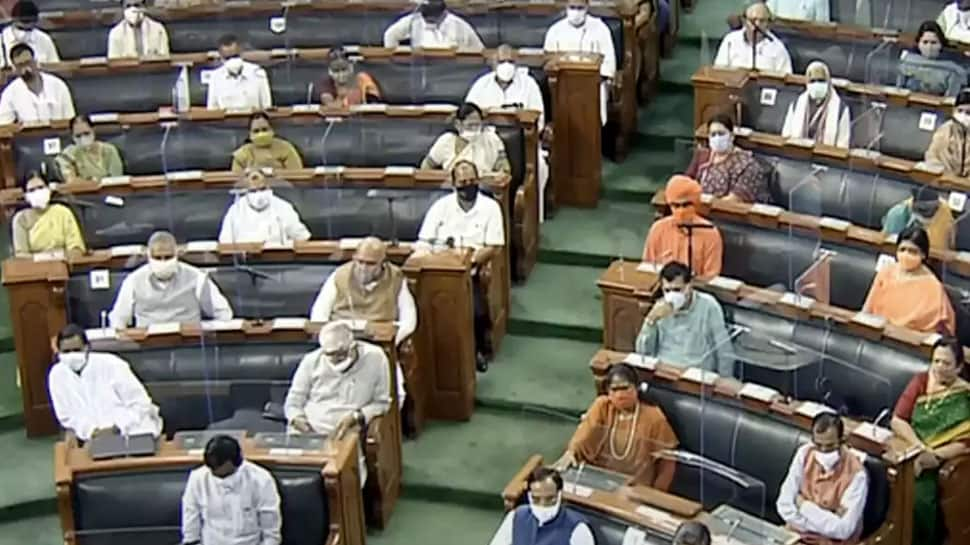
The bill aims to restore the power of states and union territories to prepare and maintain their own list of socially and educationally backward classes (SEBCs). According to Social Justice and Empowerment Minister Virendra Kumar, who moved the bill for consideration and passage, the bill seeks to clarify that the state government and Union territories are empowered to prepare and maintain their own list of SEBCs. Kumar described the bill as historic legislation as 671 castes in the country would benefit from it.
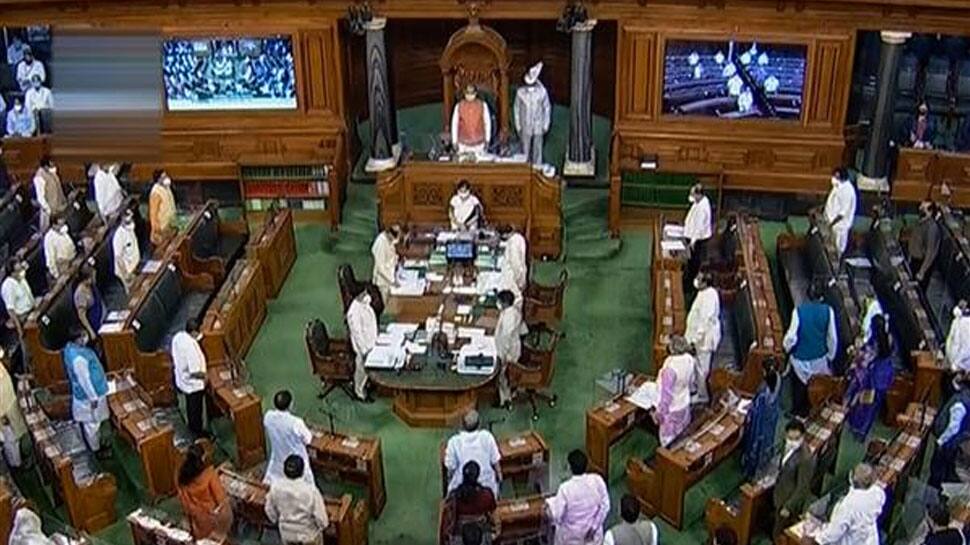
For the first time since the Monsoon session of Parliament began on July 19, Lok Sabha witnessed a debate in an orderly manner as the Opposition and the government appeared on the same page to pass the historic bill. The Constitution (One Hundred and Twenty-Seventh Amendment) Bill, 2021 was passed with 385 members voting in support and no member opposing it.
The bill was passed as the 105th Constitution Amendment bill after being renumbered. Due to Covid protocols, some members of the House were seated in the visitors’ gallery and therefore the division on amendments and the passage of the bill was conducted manually using slips.
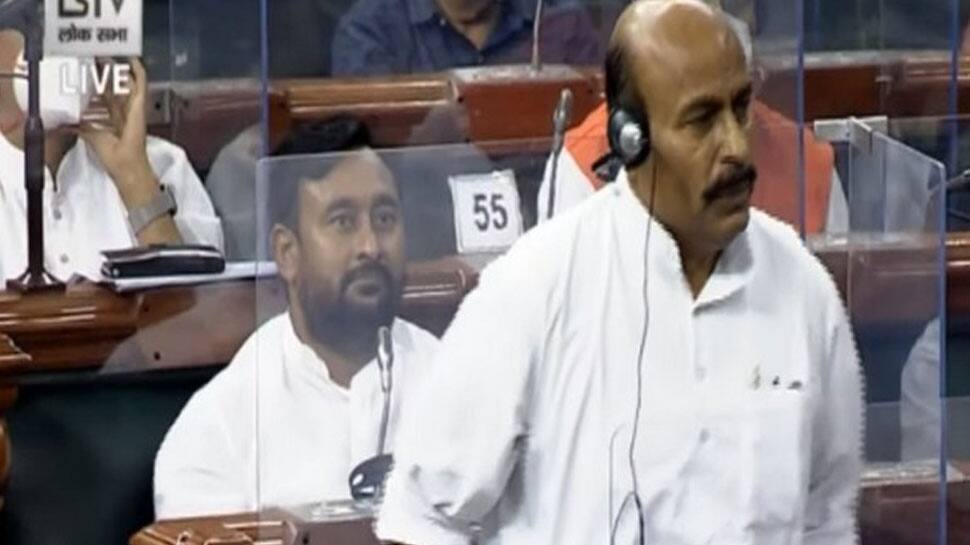
The 102nd Constitution Amendment Act of 2018 inserted articles 338B, which deals with the structure, duties and powers of the National Commission for Backward Classes, and 342A that deals with the powers of the president to notify a particular caste as Socially and Educationally Backward Communities (SEBCs) and the power of Parliament to change the list. Article 366 (26C) defines SEBCs.
The Parliament had in August 2018 passed a constitution amendment bill to give constitutional status to National Commission for Backward Classes. The amendment will restore the powers of state governments to notify their own lists for Socially and Educationally Backward Classes (SEBCs).
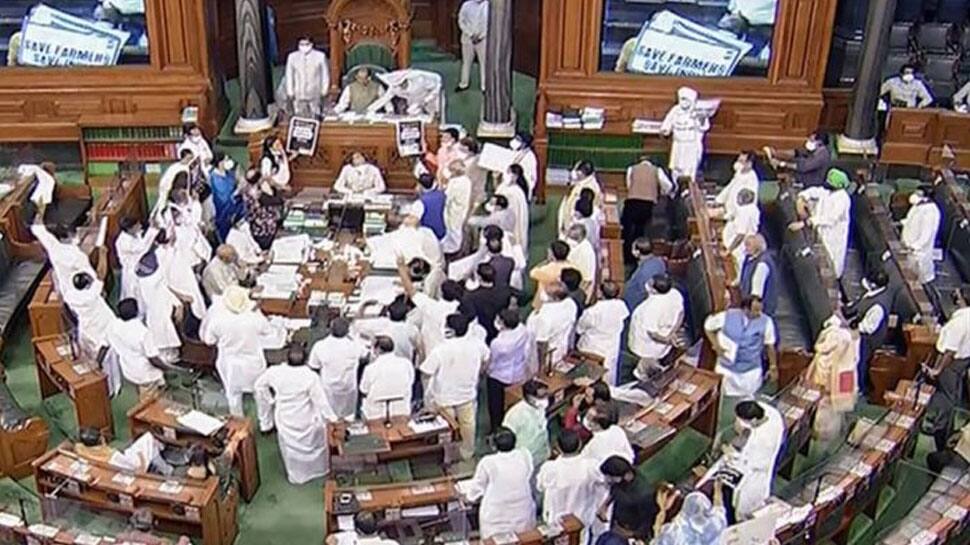
Arguing for the Constitutional amendment after the SC judgment, the Centre said it was necessary “to protect the federal structure of the country and empower the state governments to maintain their list of OBCs”. Even the statement of objects and reasons of the bill states that there always existed separate lists of Central Government and that of the state governments and Union territories pertaining to SEBCs since 1993.
It said that a question has arisen after enactment of the Constitution (One Hundred and Second Amendment) Act, 2018 as to whether the amendments mandated for a single Central List of SEBCs specifying the SEBCs for each state and had taken away the powers of the states to prepare and maintain a separate state list.
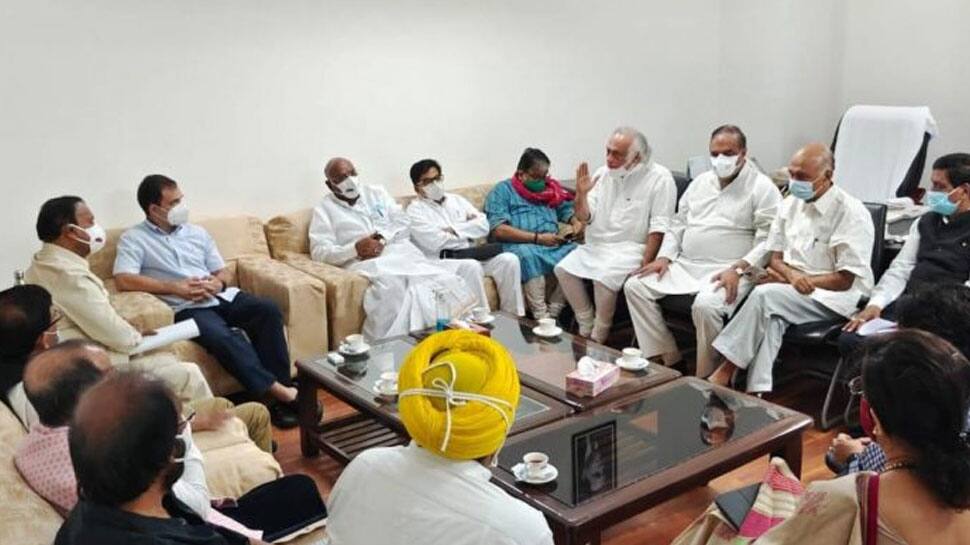
Though several Opposition parties backed the legislation, they demanded the removal of the 50 per cent cap on the reservation and many of them also called for a caste-based census. In view of the demand, Kumar said there is a need for careful examination of the demand made by several Lok Sabha members for increasing the cap of reservation beyond 50 per cent as constitutional issues are involved. It has been repeatedly emphasised by courts that the reservation cap should be retained at 50 per cent, he said.
The Supreme Court had dismissed the Centre's plea seeking a review of its May 5 majority verdict that held that the 102nd Constitution amendment took away the states' power to notify SEBCs for the grant of quota in jobs and admissions. Many leaders such as BJP ally JD(U)'s Lalan Singh, Samajwadi Party's Akhilesh Yadav, BSP's Ritesh Pandey and DMK's T R Baalu had pitched for a caste-based census be conducted throughout the country.
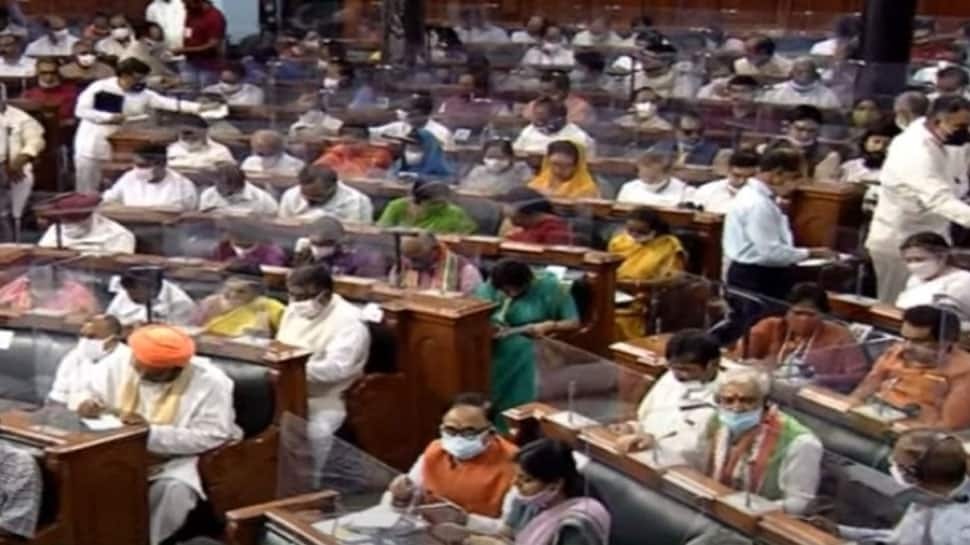
An amendment of the Constitution can be initiated only by the introduction of a bill in either House of Parliament. The Constitution amendment bill requires that there should be a majority of the total membership of the House and by a majority of not less than two-thirds of the members of that House present and voting.
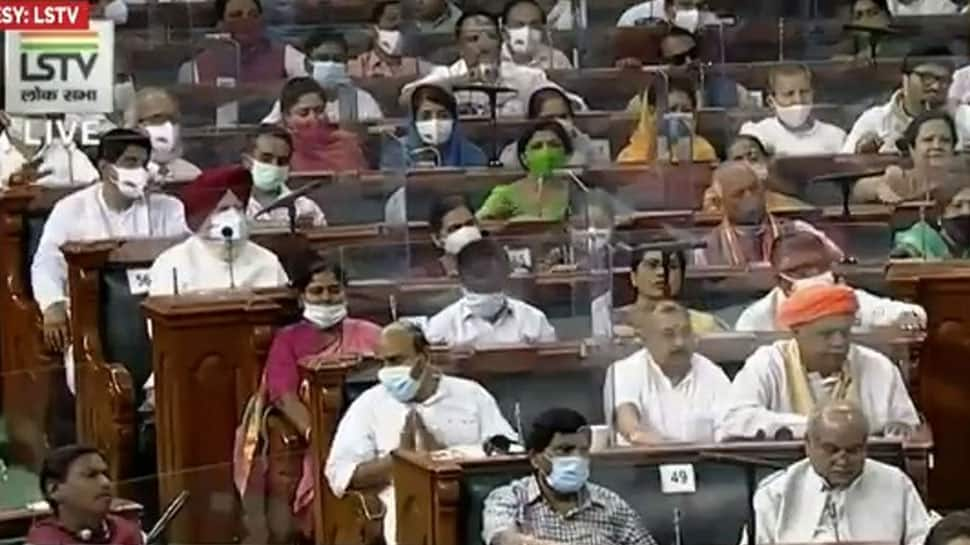
There will be a consequential amendment in Articles 366(26C) and 338B (9), after which states will be able to directly notify OBC and SEBCs without having to refer to the NCBC, and the "state list" will be taken out of the domain of the President and will be notified by the Assembly, as per the proposed bill.
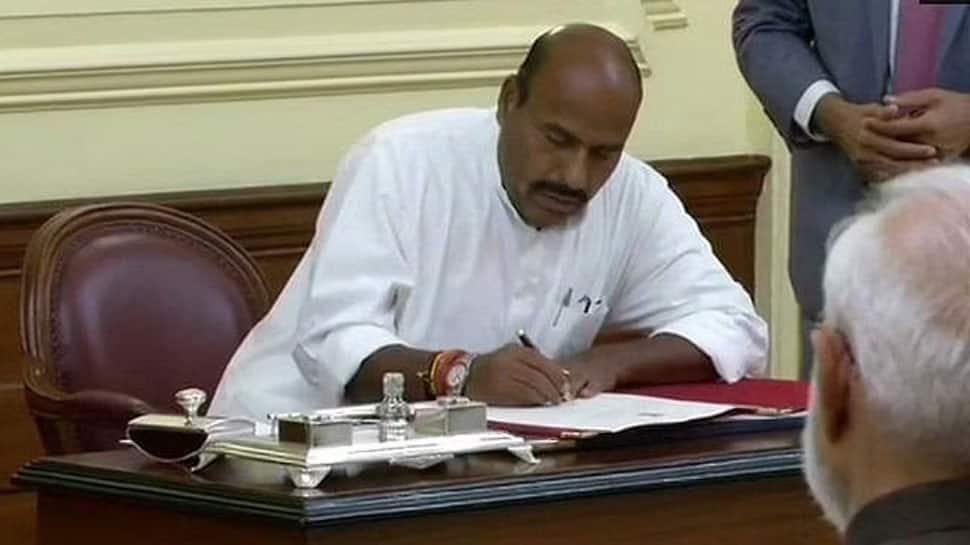
The Supreme Court, while dealing with the issue of identification of SEBCs by the states, had ruled that its verdict left intact their power to make reservations for particular communities or castes, the quantum of reservations, the nature of benefits, and the kind of reservations, etc.
The only change, the apex court said, was that the states can only make suggestions to the President for “inclusion, exclusion or modification of castes or communities" in the SEBC list. But according to the new Constitution Amendment, Clauses 1 and 2 of Article 342A would be modified. The Centre has proposed to amend the articles 366 (26c) and 338B (9) when the bill becomes a law to enable the states to maintain their own list of OBCs.

